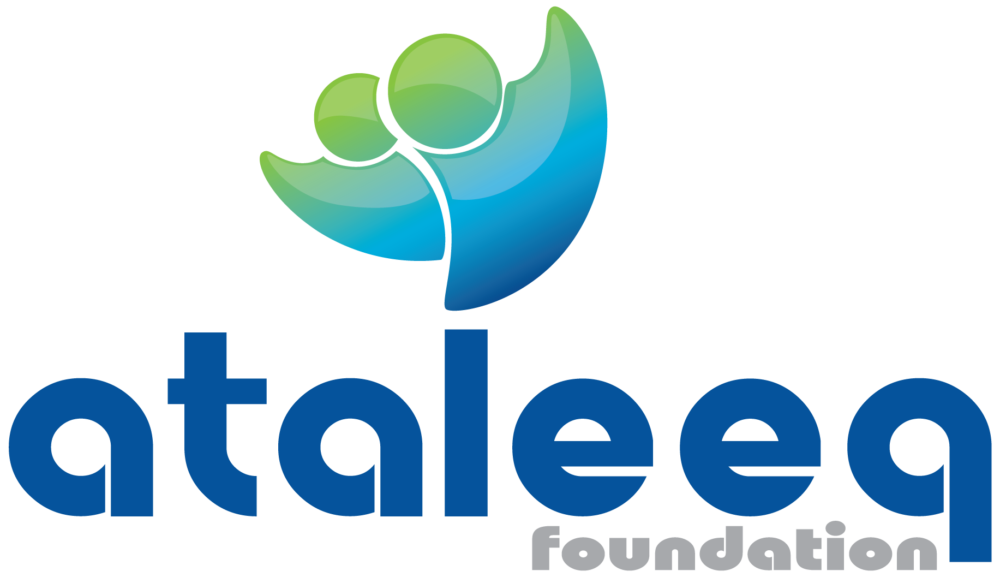Public/Masses Tarbiyat
Tarbiyat Initiatives and Advocacy Campaigns
What happens when there is no development for the larger social segments of Pakistan?
When the larger social segments of Pakistan lack development, it can lead to a number of negative consequences, including:
Poverty: According to the World Bank, 43% of Pakistanis live below the national poverty line. Poverty can lead to a number of negative social consequences, such as crime, child labor, and social unrest.
Inequality: Pakistan is one of the most unequal countries in the world, with a Gini coefficient of 0.41. Inequality can lead to a number of negative social consequences, such as social unrest and political instability.
Lack of respect for laws: Lawlessness is a major problem in Pakistan. According to a 2022 report by the Global Peace Index, Pakistan is ranked 154 out of 163 countries in terms of peacefulness. Lawlessness can lead to a number of negative consequences, such as crime, corruption, and a lack of trust in institutions.
Bribery: Bribery is another major problem in Pakistan. According to a 2021 report by Transparency International, Pakistan is ranked 140 out of 180 countries on the Corruption Perception Index. Bribery can lead to a number of negative consequences, such as inefficiency, corruption, and a lack of trust in society.
Personal etiquettes: Personal etiquettes are often lacking in Pakistan, which can lead to a number of negative social consequences, such as conflict, disrespect, and a lack of social cohesion.
Social etiquettes: Social etiquettes are also often lacking in Pakistan, which can lead to a number of negative social consequences, such as conflict, disrespect, and a lack of social cohesion.
Selfishness: Selfishness is a common problem in Pakistan, which can lead to a number of negative social consequences, such as a lack of cooperation, a lack of empathy, and a lack of social responsibility.
Social unrest: Lack of development can also lead to social unrest, as people become frustrated with their lack of opportunities and prospects.
Ataleeq Public Tarbiyat Initiatives and Advocacy Campaigns and Social Advocacy for Masses
The Ataleeq Foundation is committed to addressing the lack of development in the larger social segments of Pakistan. We do this through a variety of public Tarbiyat initiatives and advocacy campaigns, including:
Literacy Programs: Our literacy programs help street children learn to read and write within a short span of time.
Community Development Programs: Our community development programs help to improve the lives of people in disadvantaged communities.
Advocacy campaigns:
We do online and offline campaigns for reform on the following issues:
- Lack of respect for laws
- Bribery/Corruption
- Personal etiquettes
- Social etiquettes
- Selfishness
And many such issues are worrisome and de-shaping society.
Use of media and Digital Media
We have been working on a systematic plan to use media and digital media to change public behavior to be a good citizen and human:
We produce and disseminate educational and informative content on social media and other media platforms to raise awareness about the importance of good citizenship and human values.
Use of LMS and apps for free human development courses:
We have developed a learning management system (LMS) and mobile app that provide free access to human development courses on a variety of topics, including personal development, social development, and vocational development.
We believe that public tarbiyat is essential for the holistic development of individuals and societies. Our initiatives are aimed at promoting positive values and behaviors and empowering people to reach their full potential.
Social Impact Stories
Our public Tarbiyat initiatives and advocacy campaigns have had a significant social impact. For example:
- Our advocacy campaigns have helped to raise awareness about the importance of good citizenship and human values. This has led to a change in public behavior in some areas, such as a decrease in littering and an increase in civic participation.
- Our offline courses, as well as our LMS and mobile app, have been facilitating countless people to learn new skills and develop themselves. This has helped people improve their lives and contribute more positively to their communities.
- Our adult literacy programs have helped hundreds of street children learn to read and write. This has helped them to improve their lives and their families’ lives.
We are committed to continuing to work to improve the lives of people in Pakistan through our public Tarbiyat Initiatives and Advocacy Campaigns. We believe that everyone deserves the opportunity to reach their full potential, and we are working to make that a reality.
Call to Action
You can help us make a difference in the lives of people in Pakistan by supporting our public Tarbiyat Initiatives and Advocacy Campaigns.



